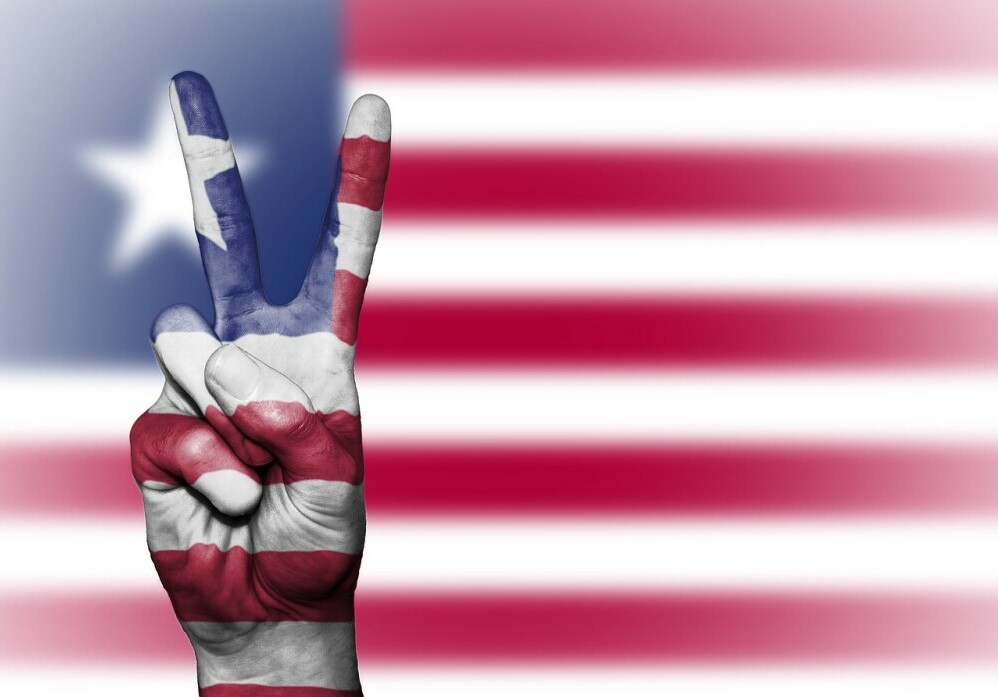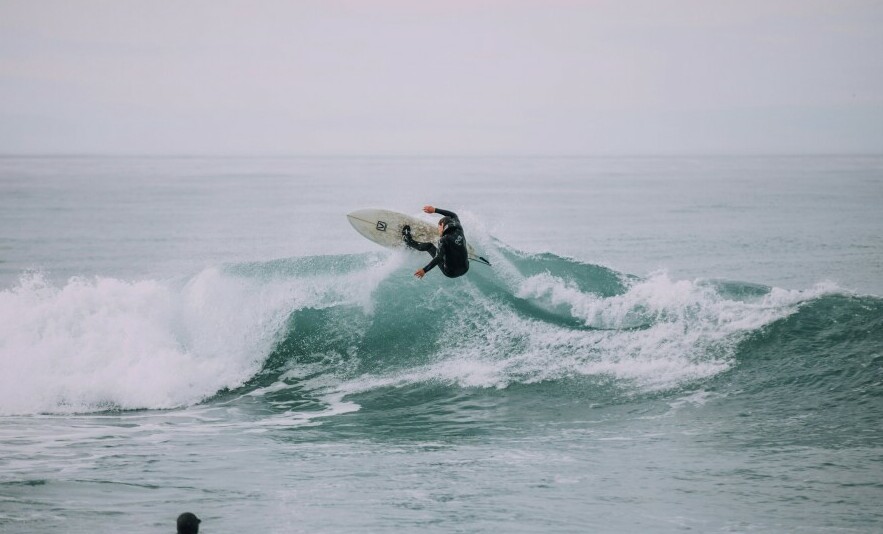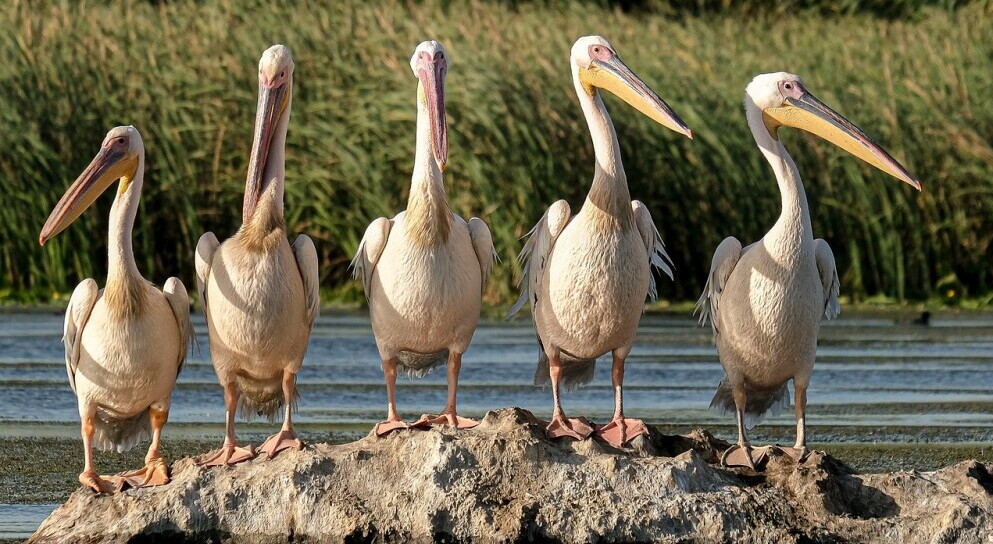
Investing In Liberia’s Tourism Industry
Liberia is a country brimming with potential, especially in the sphere of tourism. With its undulating coastline, verdant rainforests, and rich history, Liberia is like a rare, uncut gem waiting to be polished. Yet, many people are unaware of what this West African nation offers. The more advanced sectors and the country’s recovery from previous difficulties overshadow its still-developing tourism industry.
Currently, the potential for Liberia’s travel offerings is wide-ranging. From the historical Providence Island, recalling the nation’s roots as a settlement for freed slaves, to the untamed beauty of Sapo National Park and the incredible waves of Robertsports, tourists can journey through time and nature.
Despite this rich tableau, the industry faces significant hurdles. The remnants of civil unrest and the Ebola epidemic are among the shadows of the past that Liberia is striving to emerge from. Investment in tourism has been tentative, with concerns about stability and infrastructure often deterring potential investors. However, there’s a growing realization that, with thoughtful stewardship and sustainable practices, these issues aren’t insurmountable barriers but challenges that can be surmounted.

The development of the tourism sector in Liberia represents more than just an economic opportunity. It’s a chance to rewrite the country’s narrative, shine a light on its vast cultural heritage, and build a reputation as a welcoming destination. It’s an invitation to be at the forefront of what could be a transformative period for the entire region.
With all that said, it’s not just about recognizing Liberia’s tourism potential; it’s about understanding the compelling business case that lies behind it. Investors looking for the next big opportunity might find that the Liberian tourism sector, with dedicated support and strategic input, could lead to substantial growth, similar to other African success stories. That journey toward investment and growth is precisely what we’ll explore in the following section of this discussion.
The Business Case for Investment in Liberian Tourism
When evaluating the potential of Liberia as a tourism hotspot, the numbers and trends reveal a compelling narrative. The country’s tourism sector is still in its infancy, which, in economic terms, means a ground-floor opportunity for investors. Comparing Liberia to nations like Gambia, Kenya, or South Africa, where tourism is a significant part of the GDP, Liberia awaits its moment to shine on the tourism stage.
A deep dive into the economic indicators and projections can convince the keen investor of the latent opportunities. The local culture, traditions, and undiscovered natural beauty offer a unique proposition distinguishing Liberia from other destinations. Yet, the true appeal to the investor is not just in what is but also in what could be. Developing unique experiences around Liberia’s historic sites, such as Providence Island, or natural wonders like the Sapo National Park, means creating tourism products that don’t yet exist but have a ready and waiting market.
The takeaway for potential investors is clear. There’s an untapped market with growth potential waiting for quality development and savvy marketing to establish Liberia as a must-see destination in West Africa. With the right approach, these investments could yield robust returns, stimulate local economies, and put Liberia firmly on the tourism map.
Infrastructure Development: Building the Foundation for Growth
Tourism thrives when the groundwork is solid. In Liberia, forging a strong foundation means focusing sharply on infrastructure. It’s the lifeblood of any thriving tourism economy: smooth roads for buses, reliable energy for hotels, and airports that welcome international guests. Without these, even the most beautiful destinations can remain hidden gems.
Assessing the existing infrastructure is my first step. Some basics are in place, but there’s undeniable room for growth. Roads may wind charmingly through the rainforest and along the coast of Liberia, but their conditions are quite varied, with some areas inaccessible during heavy rains. Meanwhile, the airports—the gateways to any country—face challenges, needing upgrades to handle increased passenger flow.
Yet, I see this not as a drawback but as untapped potential. Picture a scenario where strategic investments turn today’s challenge into tomorrow’s opportunity. This is where the conversation about public-private partnerships (PPPs) comes alive. Investors and the government can collaborate—pooling resources and expertise—to transform the nation’s infrastructure landscape, driving tourism numbers up and creating jobs.
Moreover, information technology also demands attention. In an era where Wi-Fi is as essential as water for many international travelers, ensuring robust internet connectivity across Liberia could be a game-changer, enabling tourism and broad economic advancements.
This section flows naturally into the next, where the focus shifts from the literal roads and networks to the figurative pathways of responsible investing. It’s about recognizing that while building infrastructure, it is crucial to safeguard the natural and cultural heritage that draws visitors in the first place. Let me now turn the lens to ecological sustainability and cultural preservation.
Cultural Preservation and Eco-tourism: Investing with Conscience
As I explore the investment concept in Liberia’s tourism, it’s important to address the balance between development and preservation. This balance isn’t just a matter of ethical investment; it’s also a smart business strategy. Tourists increasingly seek authentic and sustainable travel experiences, and Liberia has abundant cultural richness and natural beauty to offer.
Eco-tourism isn’t a buzzword; it’s a pivotal part of the tourism industry that caters to this growing market. In Liberia, the lush rainforests, captivating wildlife, and vibrant communities provide an ideal backdrop for eco-friendly projects. Investments here can help preserve the environment while offering tourists an immersive experience, creating a win-win situation.

The success stories of other African nations serve as powerful examples. Countries like Kenya and Rwanda have championed eco-tourism, which has not only protected their natural and cultural heritage but also driven significant economic growth. Liberia can learn from its models, customizing solutions to align with its unique landscape and cultural tapestry.
What’s crucial for potential investors is to understand that investing in eco-tourism and cultural preservation demands a partnership approach. This includes working with local communities, conservationists, and the government to build projects that are not only financially sustainable but also socially and environmentally responsible.
Seeing Liberia’s environmental assets and heritage as an integral part of tourism offerings means supporting conservation efforts and cultural initiatives. This could range from funding national park maintenance to facilitating workshops that empower local artisans, thereby ensuring a tourism product that’s both diverse and authentic.
Navigating the Path Forward: Strategies for Successful Investment
I must stress the importance of fully understanding the legal and economic environment that governs investment in Liberia. The landscape can be daunting, but a grasp of taxation, business laws, and investment incentives becomes your compass.
Additionally, smart and sensitive marketing is crucial to placing Liberia on the global tourism map. Campaigns should encapsulate the country’s unique offerings and cater to the interests of a target audience seeking authentic and sustainable travel experiences.
Most importantly, a shared vision for the future is paramount. Stakeholders, both local and international, should collaborate to create a resilient tourism sector that stands the test of time and fluctuating global trends.